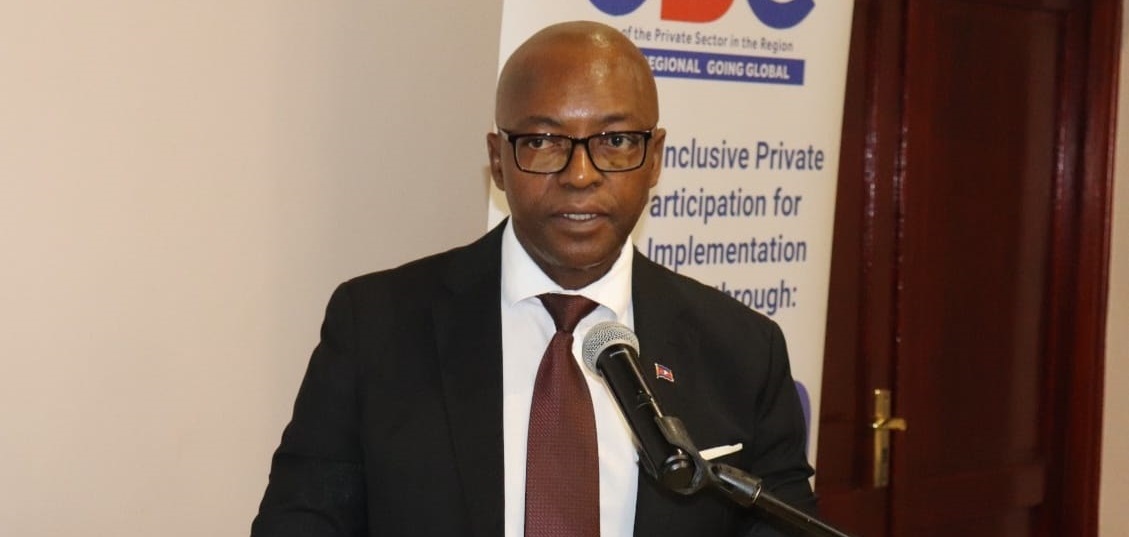By Mbono Mdluli
MBABANE – Business Eswatini (BE) CEO, E. Nathi Dlamini, has urged for the resolution of ongoing unrest in Mozambique, highlighting its significant impact on Eswatini’s economy and businesses.

Dlamini painted a grim outlook for Eswatini’s economic future if the unrest persists. Speaking on EBIS 1’s Letishisako program, he emphasized Mozambique’s strategic importance as a hub for imports and exports vital to Emaswati’s daily lives.
One critical import is fuel, with 20% of Eswatini’s fuel supply, managed by companies like Galp and Puma, routed through Mozambique. This supply chain disruption has already caused fuel shortages in some stations. On average, Eswatini consumes approximately 35 million liters of fuel monthly, translating to 1.2 million liters daily—20% of which relies on Mozambique.
Beyond fuel, key industries like sugar and timber have suffered. Mozambique provides a vital export corridor via the Indian Ocean. Approximately 5,000 tonnes of sugar were exported daily through Mozambique, a trade now halted due to unrest. This disruption affects markets as far afield as Europe, Asia, and the Americas.
Eswatini’s bread exports have also been affected, either directly to Mozambique or via its transit routes. Dlamini stressed the interdependence of Southern African Development Community (SADC) countries, where unrest in one nation creates ripple effects across the region.
Additionally, the unrest has forced businesses to invoke force majeure clauses. Force majeure, often referred to as an “Act of God” clause, exempts parties from contractual obligations due to extraordinary events like wars, strikes, or natural disasters. While these clauses typically suspend rather than nullify obligations, their activation underscores the severity of Mozambique’s crisis.
Dlamini called on SADC nations to take collective action, emphasizing that regional stability is key to sustainable economic growth.



